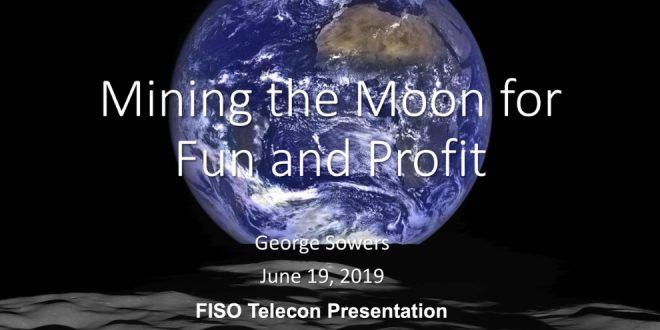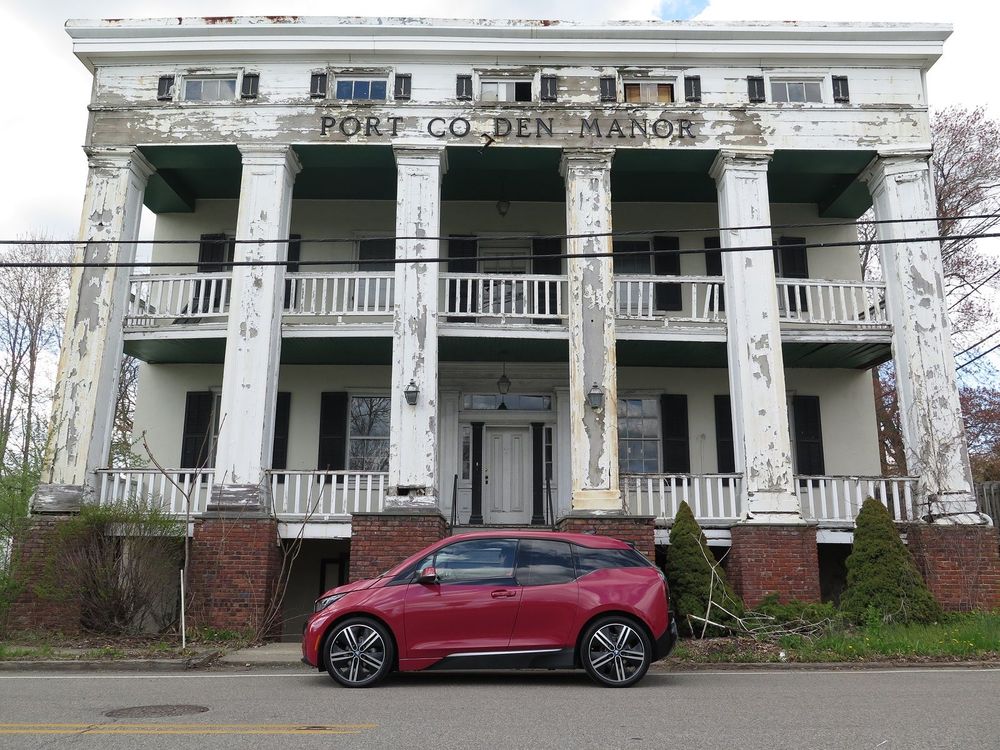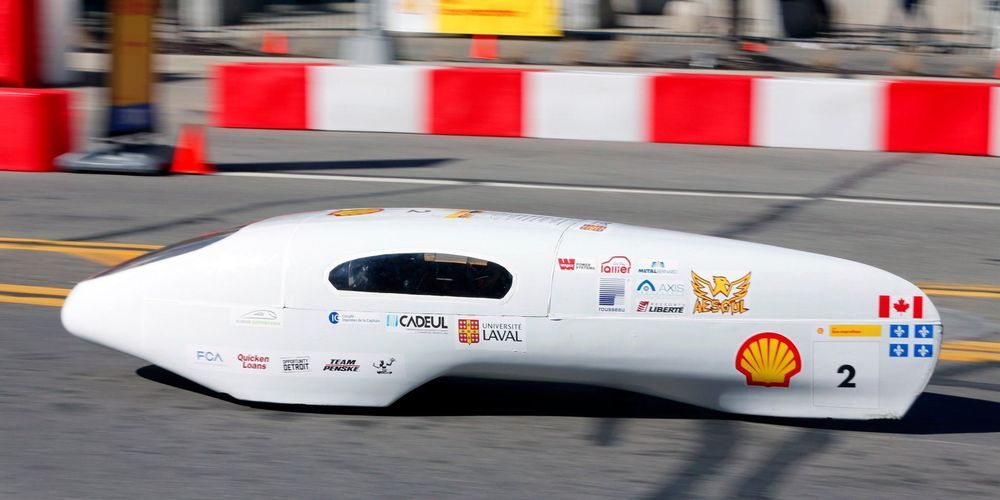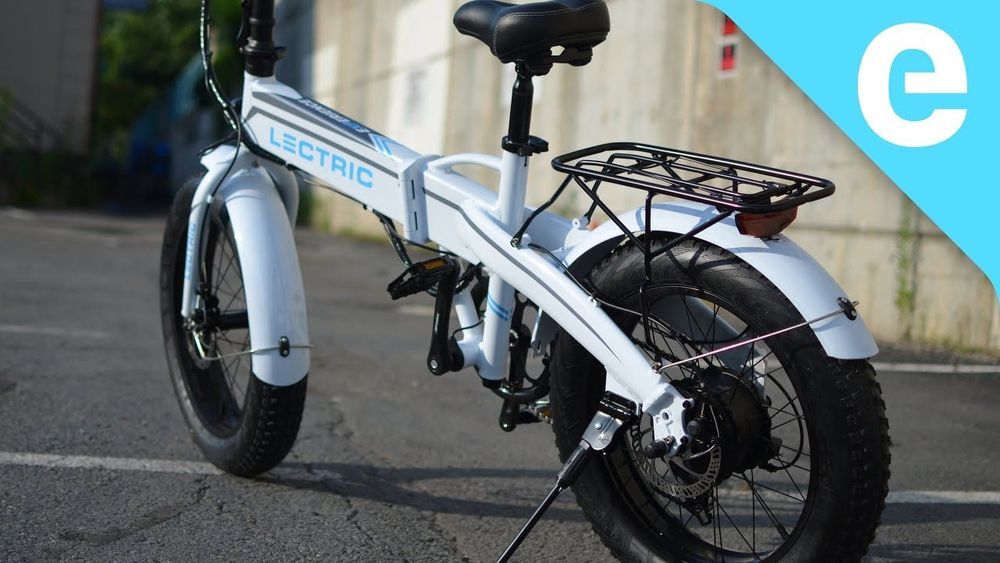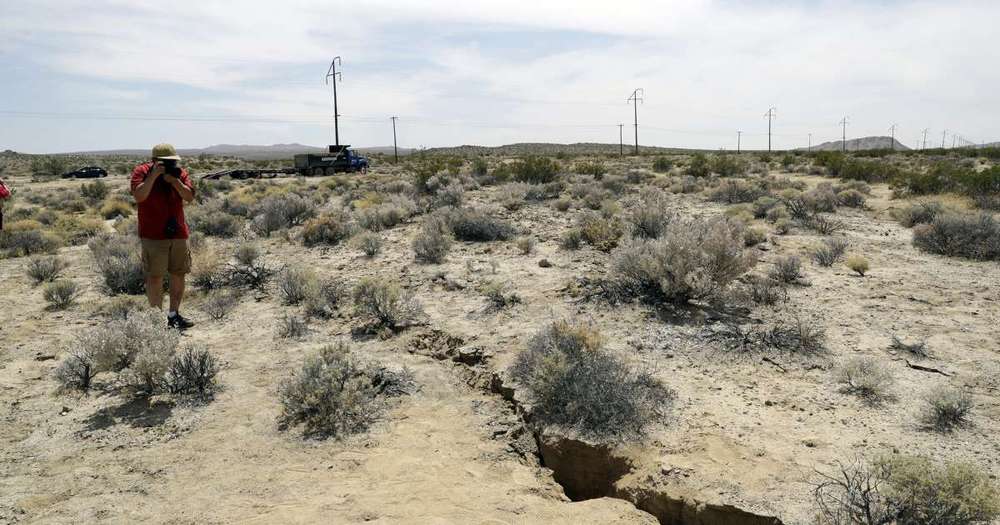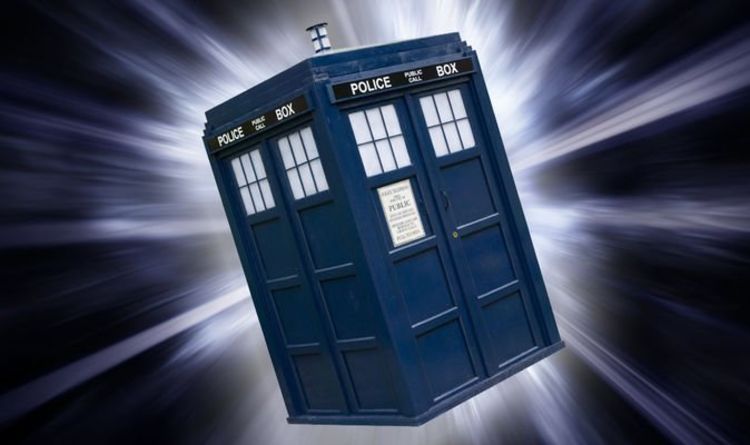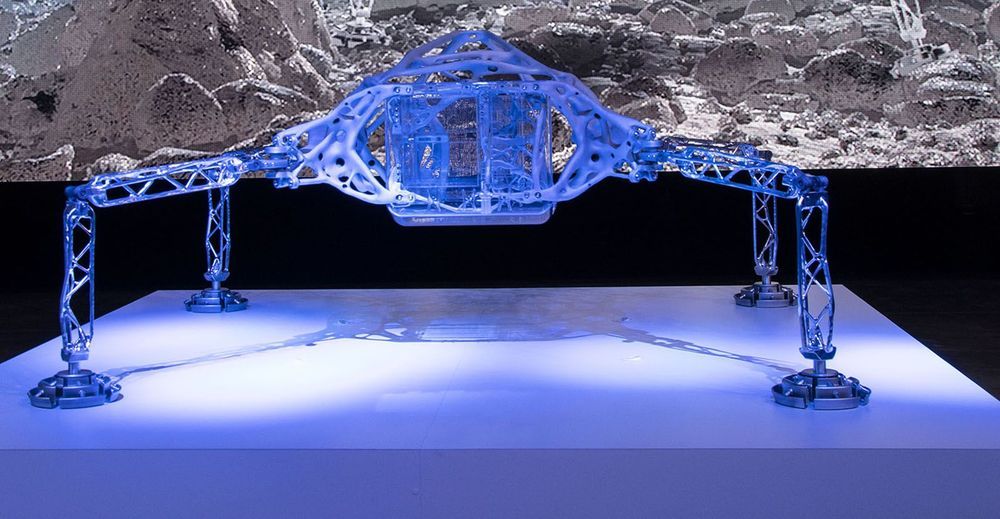Aug 15, 2019
Summer Series Podcast – Mining the Moon for Fun and Profit
Posted by Klaus Baldauf in categories: futurism, space
This week we have the first episode in this years Summer Series podcast where we feature three compelling talks from other creators.
In this weeks Summer Series podcast episode we hear from George Sowers who talked about “Mining the Moon for Fun and Profit.” Dr. Sowers is a Professor of Practice at the Colorado School of Mines who works on the world’s first and only graduate program in Space Resources.
This talk was featured in the mid-June Future In-Space Operations weekly teleconference. The slides are available below.
